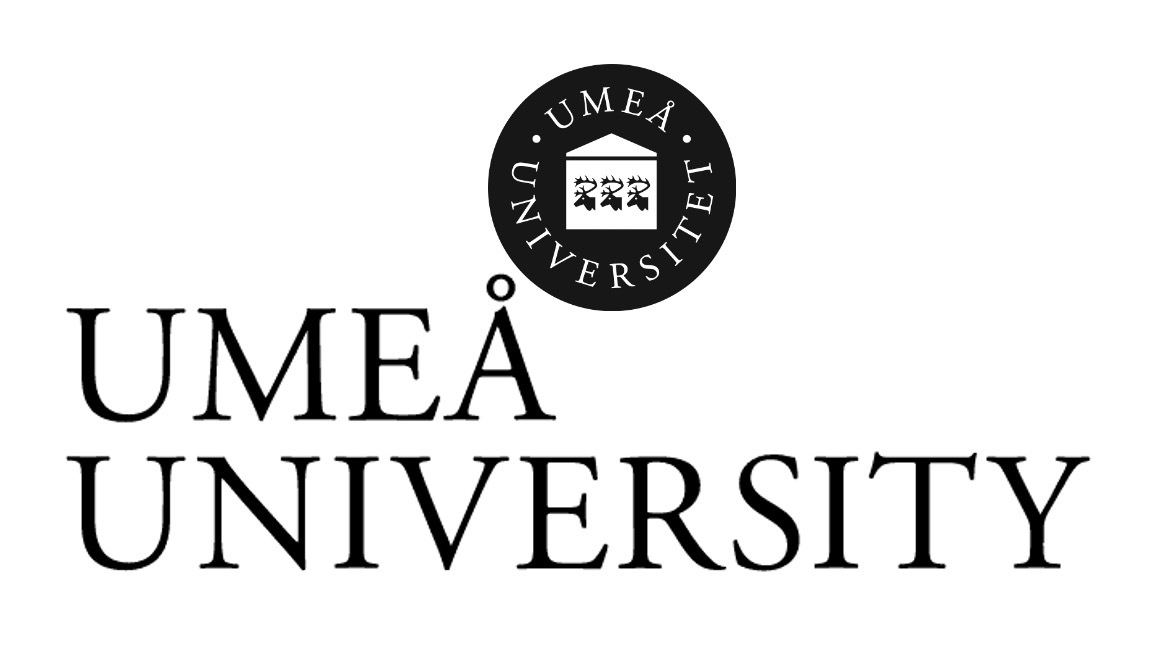Table of Contents
What is Species?
Since then, the succinct species definition has been the subject of several debates. Not everyone could settle on just one. To solve that apparently easy issue, a variety of techniques have been proposed. On the other hand, defining a species has been difficult, and agreement in this area is still a long way off.
Species as a Biological Concept
Perhaps everyone can agree that a species is the most fundamental unit or category in biological categorization. Expanding that concept into precise criteria, on the other hand, is a difficult task. According to the biological definition of a species, a species is an individual capable of mating with another of its kind and producing viable offspring.
Individuals at the species level must not only be capable of mating with one another, but also of generating viable offspring, according to this concept. When considering prehistoric and previously extinct species, this might be restrictive. As a result, assumptions based on this idea would limit the classification of some creatures at the species level.
Species Definition
Other interesting methods of defining a species exist in addition to the biological one. One has to do with morphology. As a result, creatures of the same species would have similar morphological features. There are, however, certain species that are physically similar yet cannot interbreed. The Western meadowlark (Sturnella neglecta) and Eastern meadowlark (Sturnella magna) are examples of this.
They are both members of the same species and appear to be identical on the outside, yet they are not capable of interbreeding. Another method is one that is based on organisms’ genotypes. Individuals at the species level have genomes that show they are closely related in this genetic method.
This approach does, however, have certain limits. Polar bears (Ursus maritimus) and grizzly bears (Ursus arctos ssp.) are, for example, considered two separate species despite having a close genetic relationship and the capacity to interbreed viable progeny. There are numerous additional techniques that are beneficial (e.g., ecological, evolutionary, and phylogenetic), but they, like other approaches, have limits.
Mathematical Approach in Defining a Species
A bird specialist, Thomas Donega, recently offered a mathematical method to resolving the question of what constitutes a species. He provided what he considers a universal mathematical method for designating a species in a publication published on Zookeys (an open access magazine).
The formula compares the findings of two related populations that co-occur to the same results of two non-co-occurring populations for multiple variables. When the differences between non-co-occurring pairs are greater than those between excellent species pairs, the former may be classified as a species. They might be a subspecies of the same species if not.
Although Charles Darwin used the term “species” in his book, he did not attempt to define it in a simple manner. “No single definition has yet satisfied all naturalists,” he continues, “but every naturalist features a reasonable estimate of what he means when he talks a few species.” the knowledge available would play a big role in defining a species based on a defined set of criteria.
Inopportunely, what is currently regarded accurate may be contested and finally denied as incorrect in the future. As a result, while using all of these techniques to define a species is critical, it is also necessary to be flexible, as the existing data is subject to modifications and corrections at some point.







